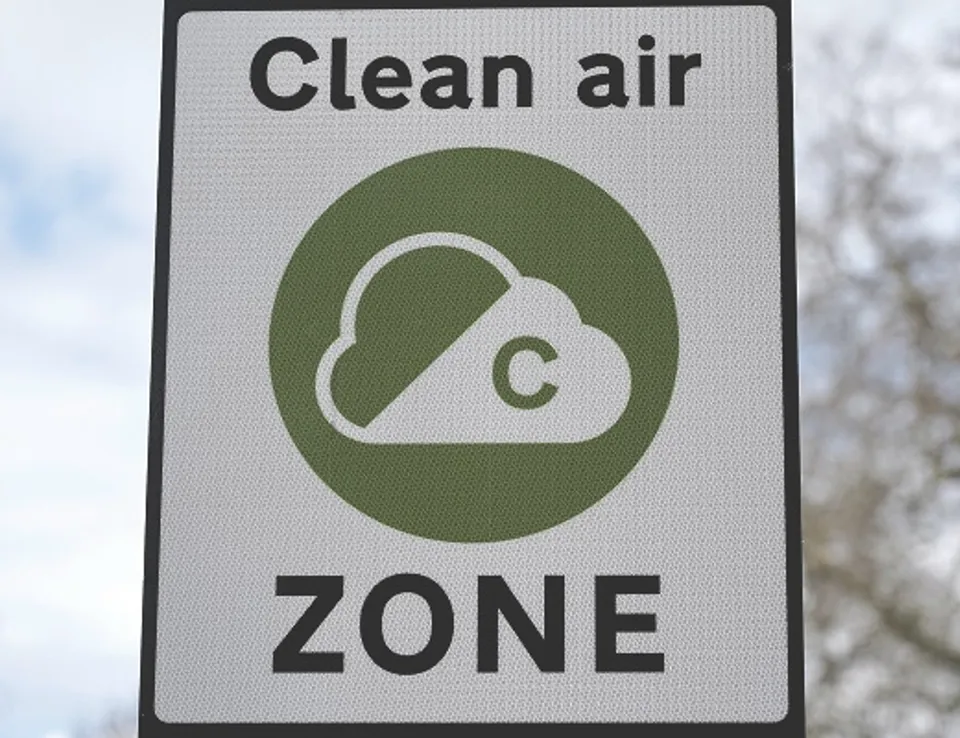Ricardo collaborates on study highlighting need for urgent emissions action in Ireland
Urgent action is needed to deliver climate targets in Ireland, according to a new study by Ricardo and Element Energy.
The two consultancies carried out the National Heat Study for the Sustainable Energy Authority of Ireland (SEAI).
Heating demand and associated carbon dioxide emissions in Ireland have been rising steadily since 2014 and in 2020 represented 38% of all energy-related emissions. Reducing and removing the fossil fuels used to provide heat in homes, businesses and industry is a serious challenge that is central to achieving Ireland’s climate targets.
The National Heat Study is a comprehensive analysis of the options for reaching net-zero emissions from the heating sector by 2050. Comprising a series of technical reports analysing heat supply and use across all sectors, it provides key insights and proposed actions to decarbonise the sector. Crucially, it stresses the need for early and urgent action.
Dr Naser Odeh, Associate Director at Ricardo, said: “A key finding from this strategic study is that district heating has a key and important role to play in fast heat decarbonisation, with 50% of all buildings in Ireland being potential candidates for decarbonisation through heat networks.
“The study has evaluated and compared a wide range of decarbonisation options for buildings and industry, including heat pumps, low-carbon gases and bioenergy carbon capture and storage (BECCS). Importantly, the study also examined and quantified potential bioenergy resources in Ireland and estimated the availability and price of key bioenergy resources and their sustainability.”
The study is clear on the importance of having a timetable to phase out fossil fuels across all sectors as soon as possible. Given the long lifetime of heating systems (15+ years), less than 8% of existing systems are replaced each year, so most homes and businesses will purchase new heating systems only twice before 2050. The study confirms that no new fossil fuel appliances can be installed in buildings post 2035 if net-zero heating emissions are to be reached by 2050. For industry this would be sooner.
Ireland aims to reduce emissions by 51% by 2030. This study shows that an unprecedented ramp up of effort and potentially additional measures are needed if the heat sector is to deliver its share of the emissions cuts. The study provides direction as to the priority and extension of measures to decarbonise heat as quickly as possible and highlights the absolute necessity of acting early and making the best use of technologies that are available now.
The full study can be read here.









